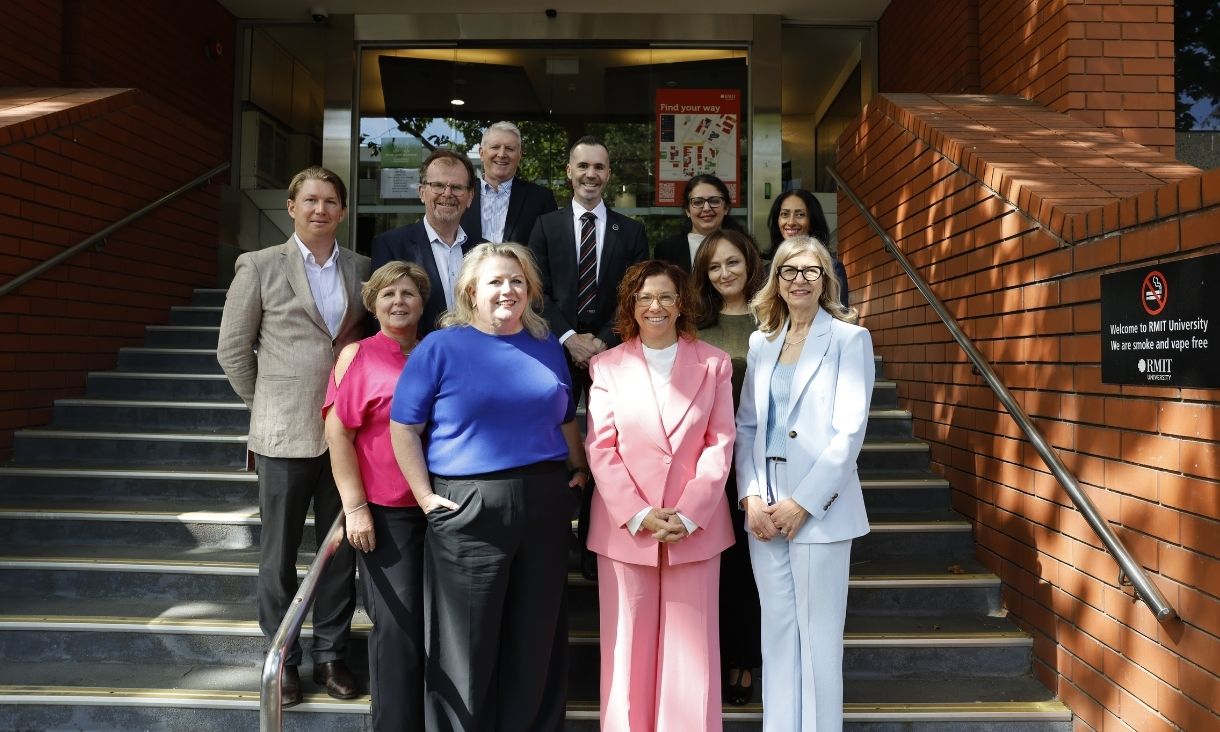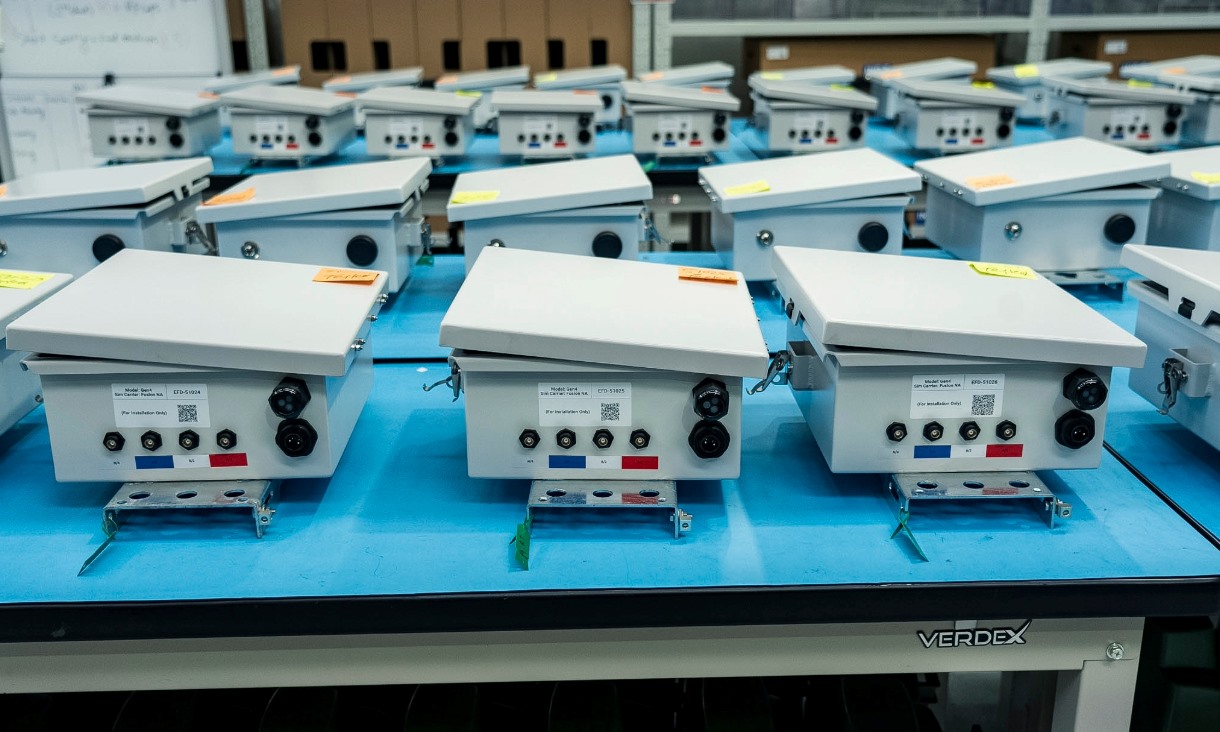The Skills in Employment program, designed by RMIT’s Workforce Innovation and Development Institute (WIDI) and RMIT’s College of Vocational Education (VE), recently received a $5.9 million investment from the Victorian Government.
WIDI, an institute at the forefront of driving growth across our social services sector, has partnered with disability and aged care support providers and Talentpath Recruitment to identify job vacancies and connect eligible jobseekers with employers.
A recent Skills in Employment recruitment event was attended by the Minster for Employment and Minster for Industry and Innovation, Ben Caroll, who was keen to see progress on the RMIT and Jobs Victoria partnership that is delivering much-needed qualified aged care and disability support workers.
WIDI's Senior Program Manager, Lesley Bridge, said to date, hundreds of people from diverse backgrounds including Aboriginal Victorians, asylum seekers, and women aged 45 and over have gone through the program and been matched with Victorian employers.
“Employers in the disability and aged care sector are facing significant workforce shortages and this project provides innovative ways to recruit new people into the sector,” said Bridge.
As well as helping to fill workforce shortages in a sector that faces ever increasing demand, the Skills in Employment initiative offers careers to jobseekers who are passionate about making a difference.
“The program provides jobseekers with the training and qualifications they need to build careers in an industry that’s all about supporting others,” said Bridge.
Deputy Vice Chancellor Vocational Education and Vice-President, Mish Eastman, said in addition to securing work, participants undertake a Certificate III in Individual Support (Ageing) or a Certificate IV Disability delivered through RMIT’s College of VE.
"The College of VE is proud to be the lead provider on the Skills in Employment project, training new entrants in the social care sector, and helping them with the skills and confidence needed to fill crucial workforce gaps,” said Eastman.
"Support work is such a rewarding career for many people who want to make a difference, and we’re hoping to continue supporting and training suitable candidates and those who may benefit from extra assistance to find employment."
"Responding to industry needs is something the College of VE does so well, providing tangible opportunities for students to learn through immersive and hands-on training, ready for the world of work."
RMIT is all about partnering with government and communities to respond to economic, employment and social needs and really deliver life-changing education.
In partnership with RMIT, industry partners and government, we support the co-design, development and piloting of new innovative practice-based learning models to enable growth and transformation for the future workforce.
The Skills in Employment program is a fantastic example of our workforce development and lifelong learning approach aligned to current and future skills demands.
Story by: Louisa Ragas







